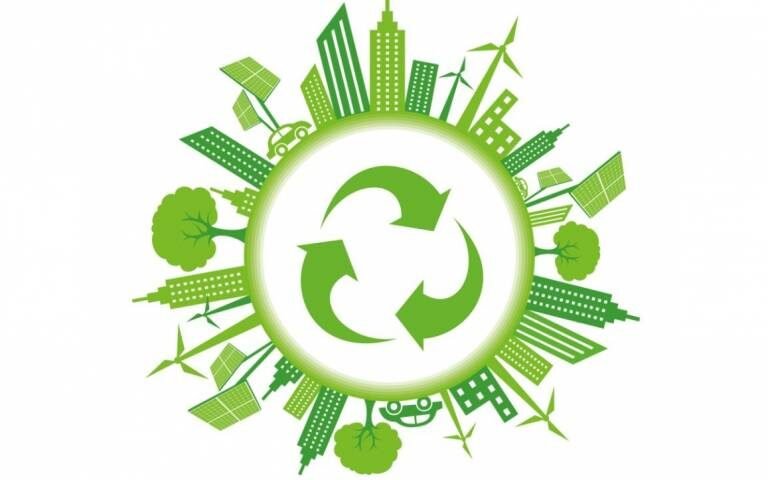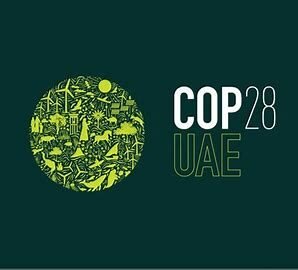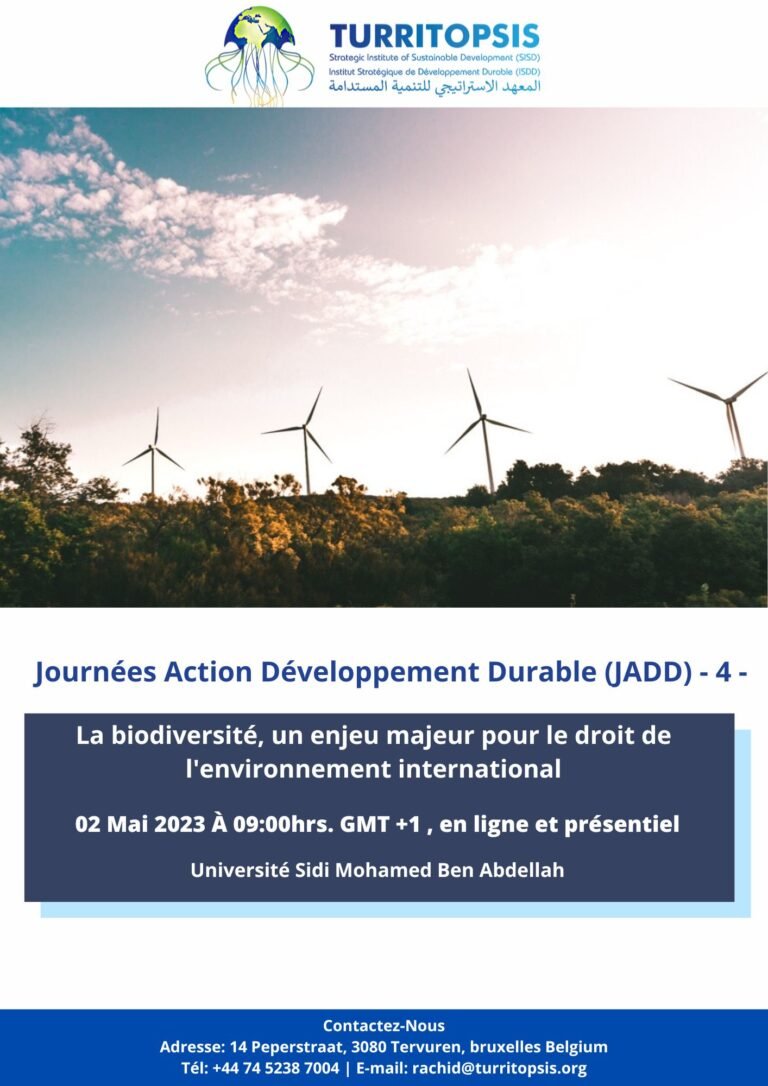Regenerative Agriculture: A Holistic Approach to Sustainable Food Production
Subtitle: Exploring the Potential and Challenges of Regenerative Practices in Building Resilient Food Systems
Introduction:
In an era marked by mounting ecological crises, the need for sustainable and resilient food systems has never been more pressing. Regenerative agriculture has emerged as a holistic approach to food production that prioritizes soil health, biodiversity, and ecosystem restoration. This transformative approach holds the key to addressing the complex challenges facing our planet, from climate change and land degradation to food insecurity and social inequality.
Understanding Regenerative Agriculture:
At its core, regenerative agriculture seeks to move beyond the narrow focus on productivity that has long dominated conventional farming practices. Instead, it prioritizes the health and vitality of agricultural ecosystems, recognizing the interdependence of soil, water, plants, animals, and human communities. By employing practices such as cover cropping, diverse crop rotations, and integrated livestock management, regenerative agriculture aims to enhance resource cycles, improve water retention, and support carbon sequestration.
Global Examples of Regenerative Success:
From the arid lands of Jordan to the cornfields of the Northern Plains and the diverse landscapes of Australia, regenerative agriculture is being implemented in a wide range of contexts around the world. The Greening the Desert project in Jordan has successfully transformed degraded land into productive agricultural systems, showcasing the potential of regenerative practices to combat desertification and support sustainable livelihoods. Meanwhile, studies in the Northern Plains have demonstrated the economic viability of regenerative agriculture, with regenerative farms achieving higher profitability than their conventional counterparts.
Navigating the Complexities:
While regenerative agriculture holds immense promise, its widespread adoption is not without challenges. Transitioning to regenerative practices often involves initial yield reductions and increased labor requirements, which can deter farmers from making the switch. Moreover, entrenched power dynamics and vested interests within the agricultural sector can hinder the adoption of regenerative approaches, highlighting the need for supportive policies and market incentives.
Centering Indigenous Knowledge and Social Justice:
As we explore the potential of regenerative agriculture, it is crucial to recognize and center the vital role of Indigenous knowledge systems in shaping sustainable land management practices. Indigenous communities have developed and maintained regenerative practices for millennia, deeply rooted in their cultural, spiritual, and ecological relationships with the land. By learning from and collaborating with Indigenous communities, we can develop more resilient, adaptable, and culturally appropriate practices that contribute to the well-being of both people and the planet.
Aligning with the Sustainable Development Goals:
Regenerative agriculture holds significant potential to contribute to the achievement of the United Nations Sustainable Development Goals (SDGs). By promoting sustainable land management practices and creating synergies across different dimensions of sustainable development, regenerative agriculture can help to address the interconnected challenges of poverty, inequality, climate change, and environmental degradation. However, realizing this potential requires a holistic and integrated approach that considers the complex interactions and trade-offs between different SDGs.
The Road Ahead:
As we stand at this critical juncture in human history, the resurgence of regenerative agriculture offers a glimmer of hope for a brighter future. By embracing this transformative approach and committing ourselves to the hard work of regeneration, we can lay the foundation for a world in which healthy soils, thriving ecosystems, and vibrant communities are the norm rather than the exception. The path ahead may be challenging, but the rewards—for ourselves, for future generations, and for the Earth itself—are immeasurable.
Conclusion:
The resurgence of regenerative agriculture represents a paradigm shift in our approach to food production and land management. By prioritizing soil health, biodiversity, and ecosystem restoration, regenerative practices offer a pathway towards building resilient and sustainable food systems. As we navigate the complexities and challenges associated with this transformative approach, it is essential that we center Indigenous knowledge, address socioeconomic and political barriers, and align our efforts with the Sustainable Development Goals. Through collaboration, innovation, and a commitment to systemic change, we can unlock the full potential of regenerative agriculture and create a more just, sustainable, and vibrant future for all.
References:
Duncan, T. (2016). Case Study: Taranaki Farm Regenerative Agriculture. In I. Chabay, M. Frick, & J. Helgeson (Eds.), Land Restoration (pp. 271-287). Academic Press. https://doi.org/10.1016/B978-0-12-801231-4.00022-7
LaCanne, C. E., & Lundgren, J. G. (2018). Regenerative agriculture: Merging farming and natural resource conservation profitably. PeerJ, 6, e4428.
Lawton, G. (2019). The permaculture student 2: A collection of regenerative solutions. Lulu Press, Inc.




















